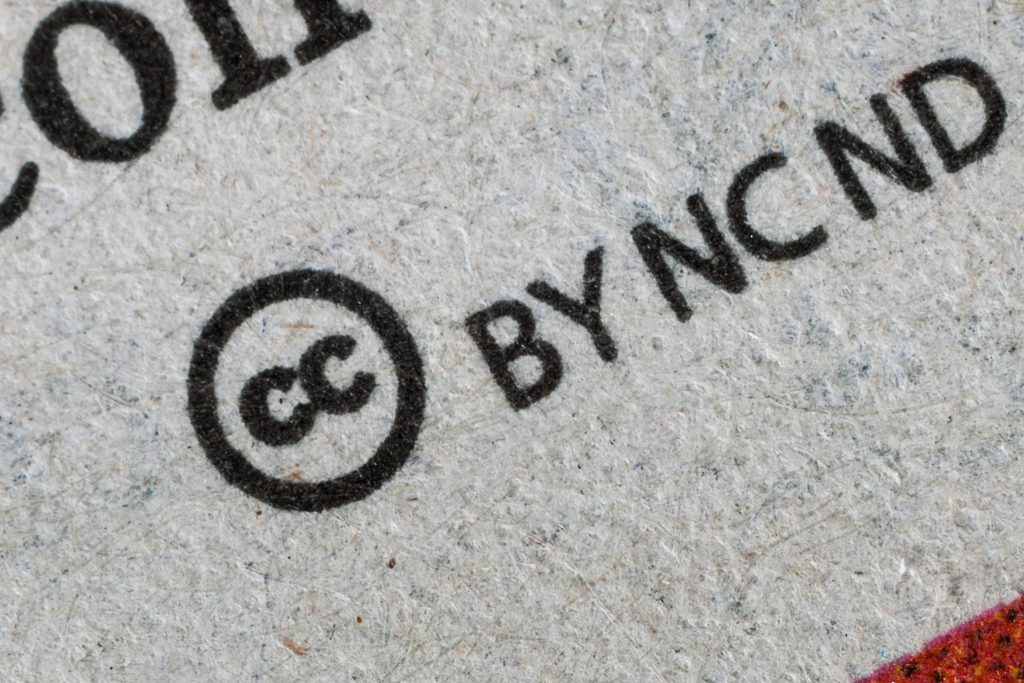You know what you want to read, but the Library doesn’t subscribe? Or you’re looking for anything related to your research interests, and you keep hitting paywalls? You need an open access (OA) publication. Open access publications are those which are online and freely accessible to be read and used by anyone. Perhaps you’re an author who has chosen to publish your work on an open access platform, and you want to be sure that readers will discover it? Publishers and scholarly information specialists have developed discovery tools to make open access publications easy to find.
Directories
So that reputable and high-quality publications and publishers of open access material can easily be identified, an internationally-recognised system of accreditation has evolved. This has led to the development of two directories. These only include items from publishers that are regularly assessed, and whose publications must continue to meet the stated criteria to remain in the directories.
Directory of Open Access Journals (DOAJ), http://www.doaj.org
- The definitive list of academically rigorous OA titles. Originating at Lund University, Sweden, DOAJ indexes over 12,000 journals which meet their Board’s criteria for openness. Free journals which require readers to register are excluded.
Directory of Open Access Books (DOAB), http://www.doabooks.org
- Over 20,000 peer-reviewed academic e-books which are free to read, primarily in humanities and social science disciplines. Records are provided by publishers and research funders. Full text is available to download for reading offline; to read in a browser you will need to follow the link to the publisher’s platform.

Find an open version
CORE Discovery
https://core.ac.uk/services/discovery/
Developed by Jisc and the Open University, CORE provides a combined search interface for scholarly repositories and open access journals worldwide.
You can also install the extension for Chrome, Firefox or Opera browsers, to search for a repository copy of any published paper (‘green’ open access). The ‘View Similar Papers’ link directs you to further reading from open access sources.
Kopernio

A free plug-in for Chrome, developed by the people behind the Web of Science bibliographic database. Users can set up their institutional login in order to get one-click access to Library subscriptions off-campus, as well as open access versions of scholarly publications.
Open Access Button

A free extension for Chrome, developed in the UK with charitable funding, the OA Button searches across multiple databases of open access records simultaneously. When no open access version can be found, the OA Button offers a Request service, to enable the reader to contact the author for a private copy.
For readers using a different browser, the developers provide a search form where you can simply paste the article details to run a search in the OA Button’s database.
Unpaywall
https://unpaywall.org/products/extension

A free extension for Chrome and Firefox, developed by Open Science advocates in the USA. Unpaywall searches Gold open access journals directly, as well as harvesting data from institutional and national repositories, matched by DOI.
What about copyright?
These search tools are designed to exclude ‘pirate’ (unlicensed) copies: published material which has been made open without the rights-holder’s permission, or in breach of licence terms.
(Readers should be aware that authors using scholarly networking services such as ResearchGate and Academia.edu may not have the rights to upload their published work, so these sites are not included).
Sci-Hub – WARNING!
Steer clear of Sci-Hub, a notorious web server for pirate copies of paywalled scholarly papers, run from Kazakhstan. An article in the Washington Post (Dec 19, 2019) reported evidence that institutional login credentials provided by Sci-Hub users and supporters are being utilized by Russian intelligence.
Credits
This guide ia based on University of Hull’s LibGuide on Open Access Discovery.
 Library
Library
